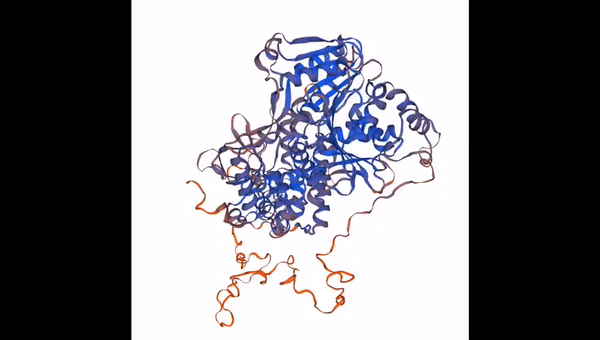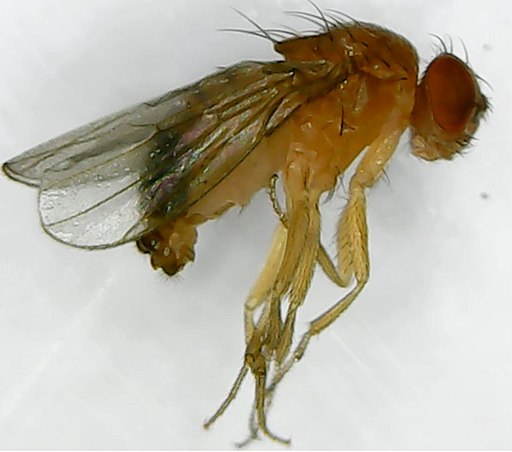New research from the University of Maryland School of Medicine’s (UMSOM) Center for Precision Disease Modeling identifies the specific protein in SARS-CoV-2, the virus responsible for COVID-19, that causes damage to heart tissue.
Some experiments they did were performed on fruit fly hearts. When Nsp6 is present in a fruit fly heart, the heart shows structural defects compared to a normal heart without the viral protein. However, when fruit fly hearts with the viral Nsp6 protein are treated with the drug 2DG, the hearts begin to resemble normal hearts more closely.
In their latest study, researchers found that the Nsp6 protein is the most toxic SARS-CoV-2 protein in the fruit fly heart. They also discovered that the Nsp6 protein hijacks the fruit fly’s heart cells, activating the glycolysis process and disrupting the mitochondria, which produce energy from sugar metabolism. When they blocked sugar metabolism in fruit fly and mouse heart cells using the drug 2DG, they found that it reduced the heart and mitochondria damage caused by the Nsp6 viral protein.
Dr. Han, the lead researcher, says this about the protein : “We know that some viruses hijack the infected animal’s cell machinery to change its metabolism to steal the cell’s energy source, so we suspect SARS-CoV-2 does something similar. The viruses can also use the byproducts of sugar metabolism as building blocks to make more viruses,”
Thus, the University of Maryland School of Medicine’s research identified the specific protein in SARS-CoV-2 that causes damage to heart tissue and has found a potential treatment for it. The protein, called Nsp6, activates the glycolysis process in heart cells and disrupts the mitochondria, which are responsible for producing energy through glycolysis and oxidative phosphorylation. By blocking the processes with the drug 2DG, the researchers were able to reduce the heart and mitochondria damage caused by Nsp6. This discovery aligns with the topic of glycolysis and ATP generation in AP Biology as it highlights the importance of proper metabolism in the functioning of cells and the potential consequences of disruptions to this process.




Leave a Reply